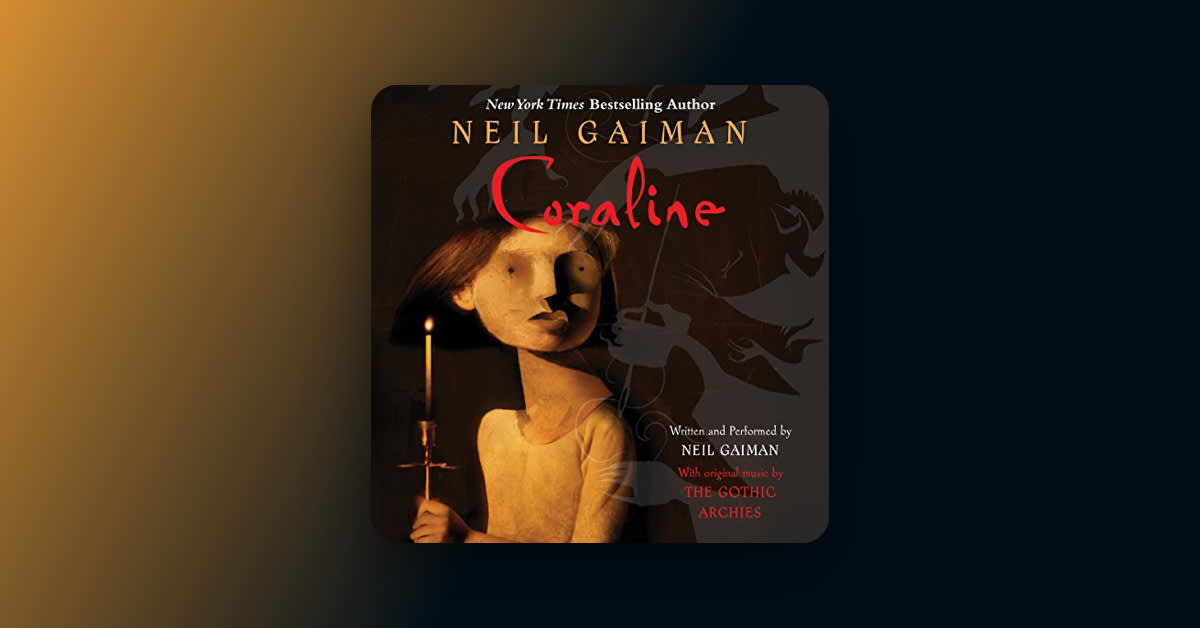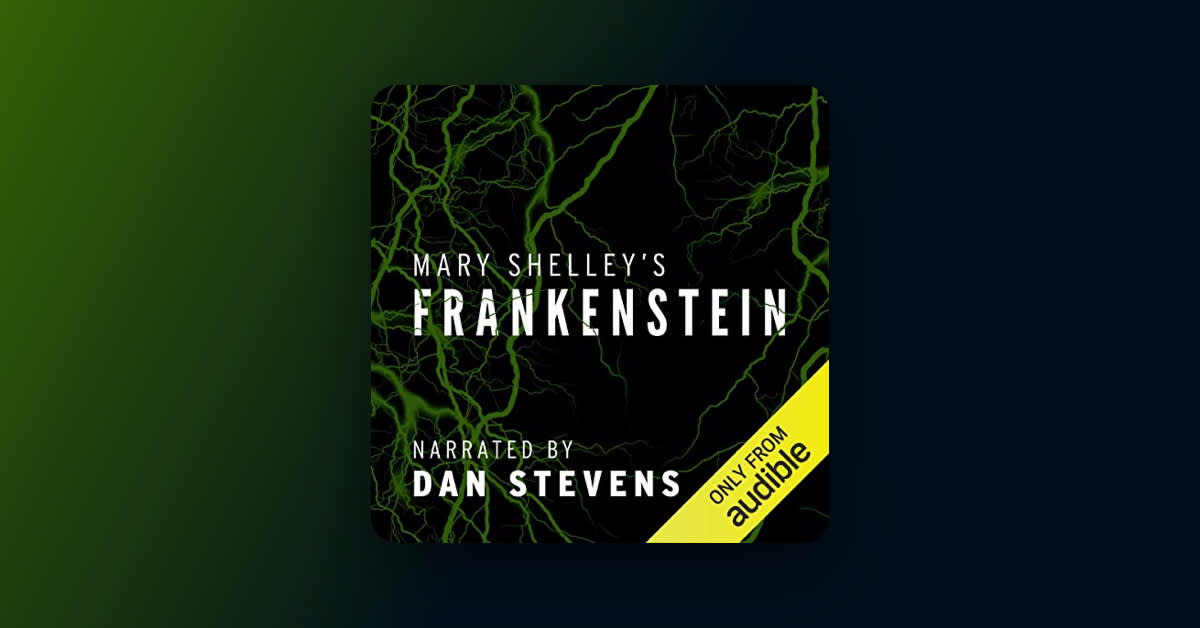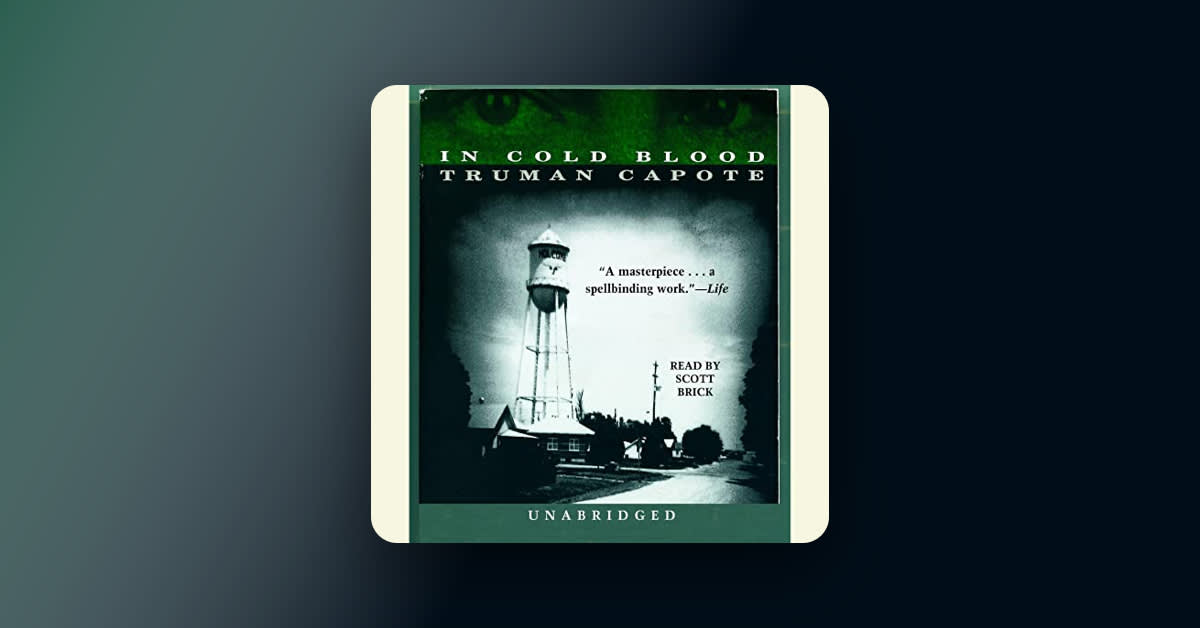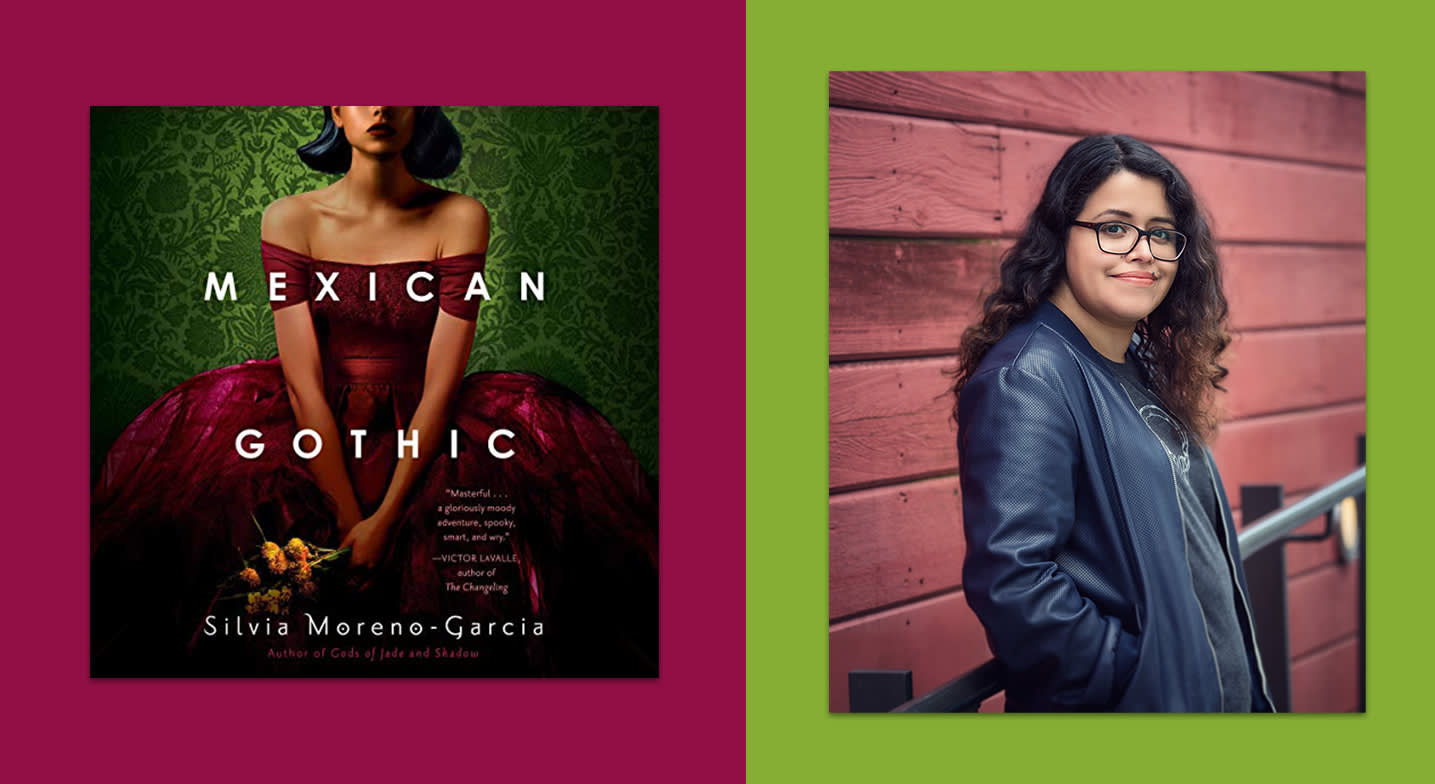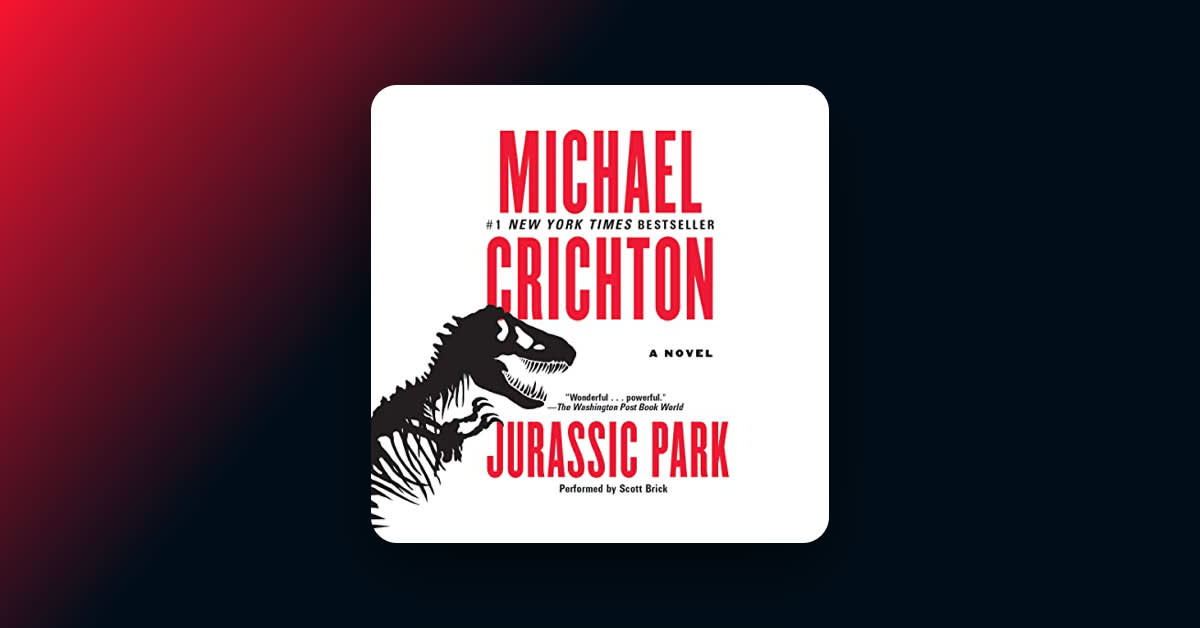Why it's essential
I attribute the bibliophile I am today to my early affinity for scary stories—which led me to check out Neil Gaiman’s Coraline from my elementary school library. My first ever stand-alone novel (I discovered my love of reading with R.L. Stine’s Goosebumps series), this terrifying children’s tale scared the living daylights out of me so successfully that I even commemorated conquering my fear of flying over the Atlantic Ocean in my early 20s by getting the Other Mother’s spindly fingers tattooed upon my arm. In my mind, I had travelled through a portal leading to the unknown and made it back alive, just like the story’s brave protagonist.
From the novel’s beginning, I found it easy to relate to Coraline. Just like her, I am an only child, which I believe led me to develop an active imagination during the many boring, lonesome moments when I would fantasize about making new friends from within the confines of my backyard. (If you, too, are yearning for a set of quirky companions to help occupy your time, look no further than this audiobook’s marvelous full-cast performance!) Likewise, throughout my childhood, I had frequent recurring nightmares which typically resulted in me getting separated from my family. (Disclaimer: I do not particularly believe that these dreams were caused by my lack of siblings.) As Coraline’s journey led her to a parallel universe where button-eyed doppelgängers of her parents threatened to trap her forever, I am certain that my own anxieties coincidentally helped to make this eerie tale feel all the more uncanny, as if I were witnessing my worst fears unfolding on the pages before me. Despite feeling disturbed at the time, I will forever be grateful to Neil Gaiman for first teaching me about the power of stories to reflect aspects of ourselves within others’ narratives.
To this day, I am still just as frightened by Coraline as I was when I was a child. (If you have seen Henry Selick’s stop-motion adaptation of the story, you know just how grotesque and unsettling the tale really is. And, if you have not yet experienced Neil Gaiman’s original work, prepare yourself for the spine-tingling scenes which the director deemed too disturbing to include in his 2009 film.) But now that I’m older, I find that this listen unnerves me in entirely unanticipated ways, as it now makes me worry that I have come closer than ever to resembling Coraline’s real parents, who struggle to prioritize having fun against their demanding adult responsibilities.
At its core, Coraline dissects the differing perspectives of adults and children while illuminating valuable lessons for listeners of all ages. First and foremost, it shares a crucial truth about stranger danger, best exemplified through the Other Mother and Other Father, whose predatory ploys expose the unfortunate propensity of some grown-ups to prey upon kids’ natural curiosity. Additionally, to the same degree that Neil Gaiman urges us never to take the mundane parts of our world for granted with his novel, he just as emphatically highlights the benefits of infusing whimsy into our everyday lives, a reminder which I appreciate hearing all the more as an adult.
Truly, what makes Coraline so essential is its ability to reflect the nightmares that stem from every walk of life, and I cannot wait to discover what it teaches me next.
Did you know?
In 2003, Coraline won both the Hugo Award for Best Novel and the Nebula Award for Best Novella, as well as the Bram Stoker Award for Best Novel for Young Readers in 2002.
Though Neil Gaiman initially planned to name his young heroine Caroline, "Coraline" was a typo he liked the looks of and decided to keep as he felt the character take shape.
Wybie Love is an original character to Henry Selick’s 2009 stop-motion movie adaptation of the novel, created for the purpose of providing Coraline a listening ear to share her inner thoughts with.
What listeners said
"Coraline TERRIFIED me when I was little and borrowing it from the library (because the cover was so cool!) and I had nightmares for weeks but TOTALLY WORTH IT!!! As an adult, it still sends chills up my spine, especially with Neil Gaiman's unmatched performance of his wholly unique horror thriller children's book the likes of which I haven't come across before or since! ELEVEN STARS!!" —Audible listener
"After Harry Potter, it is hard to find characters and worlds and books that are fun. This book gives me hope that there are many fine gems out there waiting to be found." —Annette, Audible listener
Adaptations
Coraline was adapted into a 2009 stop motion animated dark fantasy horror film, written and directed by Henry Selick.
About the author and performer
Neil Gaiman is the #1 New York Times bestselling author of more than 20 books, including American Gods, Norse Mythology, Neverwhere, The Graveyard Book, and with Terry Pratchett, Good Omens, as well as the comic book epic, The Sandman. He is also an accomplished narrator, lending his voice Audible Original full-cast production, including The Sandman series and Third Eye as well as Coraline. Among his numerous literary awards are the Newbery and Carnegie medals, and the Hugo, Nebula, World Fantasy, and Will Eisner awards. He is a Professor in the Arts at Bard College.
